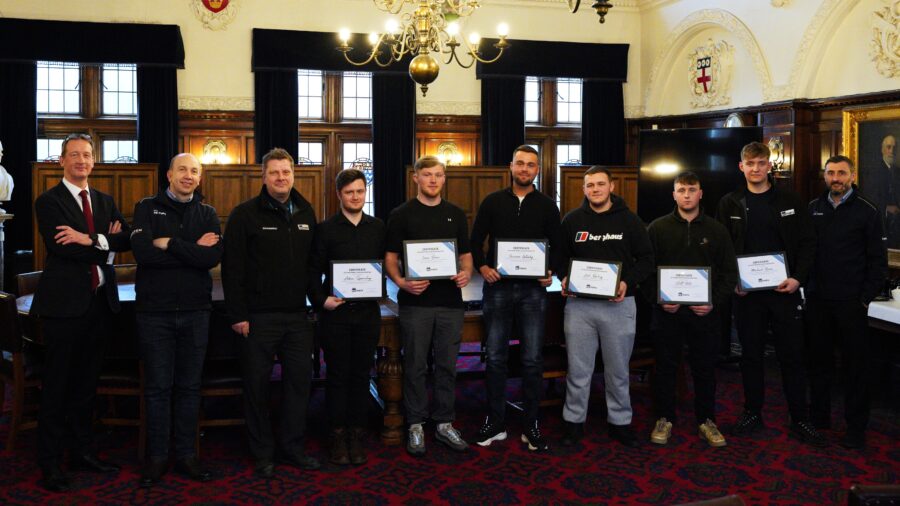Evolution and continued growth
Tees Dock officially opened in 1963, growing steadily over the following years and gradually consolidating smaller port operations upriver.
At this point, the port handled mainly steel and fertilisers from the likes of British Steel and ICI but by the mid 1960s it had become one of the UK’s first ports to offer container shipping services.
The construction of a new quay and terminal soon followed, enabling Cleveland Potash to export from Tees Dock – an operation that still exists today. New refineries were also built during the decade, operated by Shell and Phillips-Imperial Petroleum Limited. In 1966, The Tees Conservancy Commissioners became the Tees and Hartlepool Port Authority (THPA), ushering in a new phase of development and investment.






